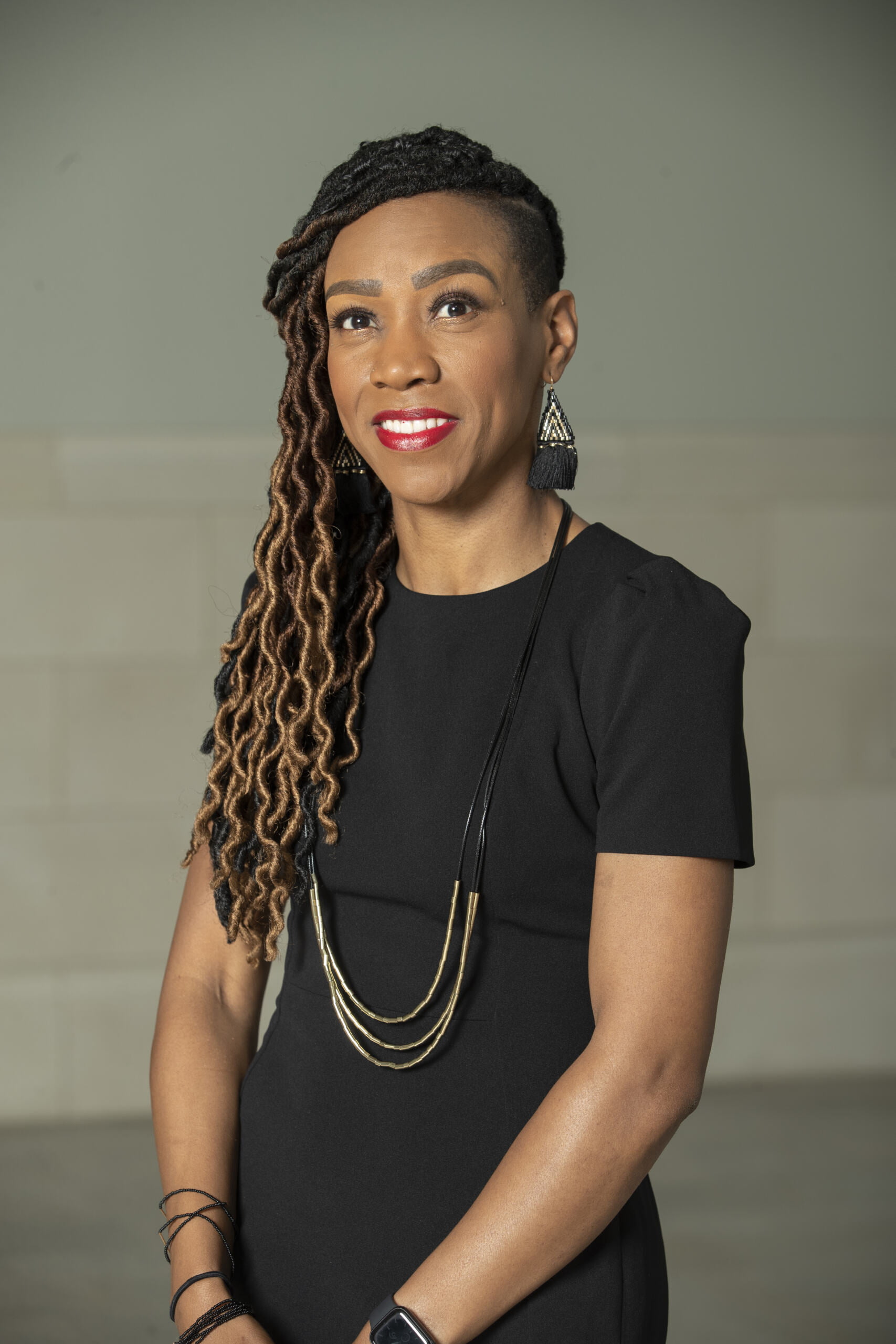I have struggled with the concept of race since my early teens. Though race, racism, stereotypes and prejudices have been and continue to be used as a rationale for the ways of American society and its citizens, it was never justified for me.
Race did not and remains unable to explain or excuse behavior that would otherwise be seen as criminal, unjust, mean-spirited and un-Christ-like. In my mind at least, there is simply no satisfactory reason for the way that we treat one another, especially when it comes to the social construct of race.
So, about six years ago I began to seriously question the social truths associated with racism, prejudice and stereotypes. It would take me almost as long to begin to question the existence of race. There was simply no way around it.
I could not rid myself of racism without first ridding myself of race, and the more I understood my identity as a Christian, the less I depended on race.
This decision led me to pursue a race-less life. It was a step filled with fright, and I questioned whether this was the right thing to do. But, today, I am certain that I was left with no other choice.
I had to leave race, and here are just a few of the reasons why:
- I left race because I did not want my life to be predetermined by a social identity created to justify human and institutionalized oppression; used only to prove the worth and value of socially colored white people; and described through racial caricatures, prejudicial fables and an “us versus them” way of living and being.
- I left race because it conflicts with the professions of my faith as a Christian and thwarts the plan for the new life in Jesus Christ offered to his disciples.
- I left race because I don’t want to hate people because of the social coloring of their skin, and I don’t want to be hated because of mine.
- I left race because I want to be able to forgive and be reconciled to others. Within the paradigm of race, this is not possible.
- I left race because I was tired of being socially colored black. Being a color-coded person offers no opportunities for new ways of thinking, believing and being in the world. The racialized life is predetermined by stereotypes of what socially colored black/white/yellow/red/brown/beige people do and do not do.
- I left race because I was tired of fighting the ghosts of race’s past, present and future. I want to live in a raceless time.
- I left race because my identity is not captured in the checking of a box, and my actions past, present and future should not be reduced to statistical data. I am not found in a box or captured in numbers.
- I left race because I don’t want to live my life in comparison to others, that is “keeping up with the socially colored white people.” I don’t want my life, its successes and failures, to be defined by the life of another human being.
- I left race because I don’t like what it says about me and other socially colored white/black/brown/beige/red/yellow people.
- I left race because it is not a part of God’s will and purpose for humanity. Race has no divine or spiritual function, mandate or ability.
- I left race because it does not complete me. Accepting a racial identity did not answer all of my questions and will not lead me to a deeper understanding of myself.
- I left race because I do not have faith in it. Race is an American idol that offers a social salvation. I believe we need to be delivered from race.
- I left race because the social coloring of my skin does not determine who I am as an individual, neither does it accurately predict my thoughts, beliefs or behavior.
- I left race because black is a color. I am not a color but a creature. I am not a person of color but a child of God. The social coloring of my skin is not the source of my identity.
- I left race because I don’t believe that God or God’s Son, Jesus Christ, can be explained through race, so we should not attempt to. The attributes and actions of God and Jesus Christ cannot be color-coded or attributed to a racial allegiance to one group or the other.
Starlette McNeill is the Coordinator for the Center for Ministerial Leadership at the District of Columbia Baptist Convention. This column appeared previously on her blog, The Daily Race.
Director of The Raceless Gospel Initiative, an associate editor, host of the Good Faith Media podcast, “The Raceless Gospel” and author of Take Me to the Water: The Raceless Gospel as Baptismal Pedagogy for a Desegregated Church.

